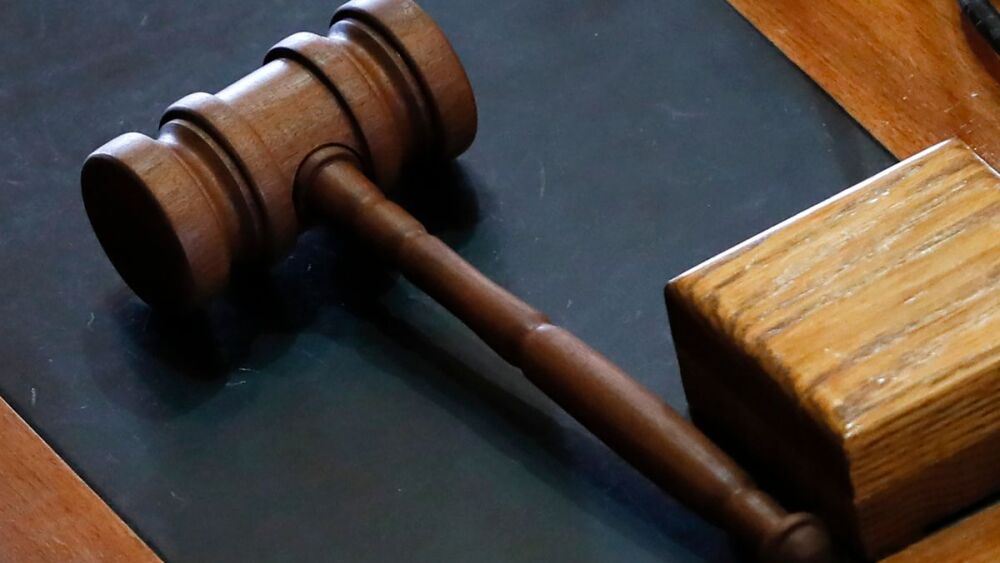This article was featured in Lexipol’s Xiphos newsletter, a monthly legal-focused law enforcement newsletter authored by Ken Wallentine. Subscriptions are free for public safety officers, educators and public attorneys. Subscribe here!
J.K.J. V. CITY OF SAN DIEGO, 17 F.4th 1247 (9th Cir. 2021)
Officers stopped a Cadillac with an expired registration and soon learned the two men in the front seat had prior drug convictions. They also learned that Aleah Mariah Jenkins, a back seat passenger, was subject to an arrest warrant. The officers searched the car and found two wallets, one of which was full of cash, and drug packaging material. They did not find any drugs.
As the officers questioned Jenkins, she spoke coherently and showed no signs of distress. They arrested Jenkins, handcuffed her and put her in a cruiser, where she vomited. The officers called for paramedics and asked Jenkins if she was detoxing. Jenkins responded, “No, I’m pregnant.” The officers canceled the call for paramedics.
As the officers drove Jenkins to a station for fingerprinting and processing, she groaned and screamed for help. When she got to the station, Jenkins was hyperventilating. After fingerprinting Jenkins at the police station, officers returned her to the cruiser. Several minutes later they found her unconscious, called for paramedics and began CPR. Jenkins fell into a coma and died nine days later. A surviving minor child sued.
The trial court dismissed the lawsuit because it did not state a valid claim against the defendants. The appellate court affirmed the dismissal. The court granted qualified immunity to the individual officers. The core allegation against the officers was that they failed to recognize and adequately respond to Jenkins’ serious medical need. The court found that right was not clearly established in the specific context of this case. Thus, the officers were entitled to qualified immunity.
The plaintiff also brought a Monell claim against the city. According to the appellate court, J.K.J. had to plead facts alleging that:
- Jenkins was deprived of a constitutional right
- The municipality had a policy
- The policy amounted to deliberate indifference to Jenkins’ constitutional right, and
- The policy was the moving force behind the constitutional violation.
The court held the plaintiff’s complaint did not plausibly allege any city policy or custom “was the moving force behind the alleged constitutional violations Jenkins allegedly suffered.” To the contrary, the court opined that the “moving force was not a failure to train, but the officers’ failure to heed their training.”
This is an example of the challenge faced in suing a government agency under a Monell claim. At the same time, the case reminds officers to call for medical attention whenever it seems reasonably necessary to do so. We all love medics and firefighters, but we shouldn’t hesitate to wake them up and let them make the call on whether an arrestee is in medical distress.
NEXT: ‘All hell breaking loose’ not connected to failure to train




